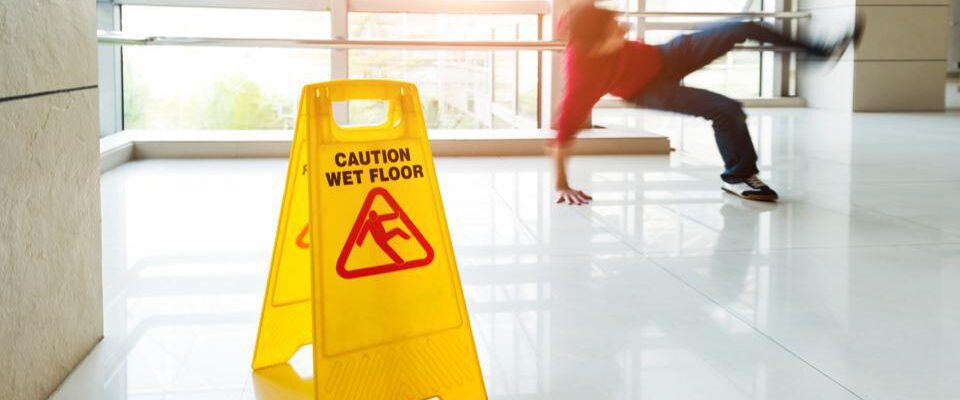Slip and fall accidents can change your life in an instant. You may sustain serious injuries that affect your employment or day-to-day life, and seeking medical attention can be expensive. If the fall is not your fault, you can claim compensation from the property owner.
You may be eligible for monetary benefits if your property is damaged or has dangerous conditions, such as broken pavement, poor lighting, wet floors, or other warning signs. Click here to learn more about slip and fall lawsuits and how they work.
What is a Slip-and-Fall Lawsuit?
A slip and fall lawsuit is a personal injury liability case that may require proving owner negligence, negotiating a settlement, building a case, and going to trial. You must demonstrate that the property owner should be held accountable for your injuries to succeed in your claim.
Each slip and fall case is unique, but the legal process for compensation settlements is generally the same. An attorney can help you understand how your case works.
What are Slip and Fall Injuries?
A slip and fall injury occurs when an individual falls due to uneven walkways, debris, or other hazardous conditions. These injuries are not always immediately apparent, and it may take days to recognize severe pain. Some common slip and fall injury conditions include:
- Broken bones
- Back issues, including herniated discs, fractures, and back sprains & strains
- Spinal cord trauma and shoulder dislocations, with the worst-case scenario being paralysis
- Traumatic brain injury
Seek medical attention immediately to treat injuries and prepare medical reports to strengthen your case.
How Do You Prove Negligence in a Slip-and-Fall Case?
To win your case, you may need to prove that the property owner or occupier failed to ensure safety. Their irresponsibility created conditions that led to your injuries.
Owner Negligence
Slip and fall cases can be complex to handle, especially when the individual occupying the property is not the owner. Therefore, you may need to determine which party is responsible for maintaining the space and what type of slip and fall failure is considered negligent.
Occupier Negligence
The occupier may have an obligation to maintain the safety of the property, including addressing hazards in a rented property. In both cases, you can file a compensation case against the property owner if:
- The property owner, an individual rented from, failed to maintain safety.
- The property owner had to maintain control of the apartment.
- The lease agreement specifies that the owner is primarily responsible for repair and maintenance.


